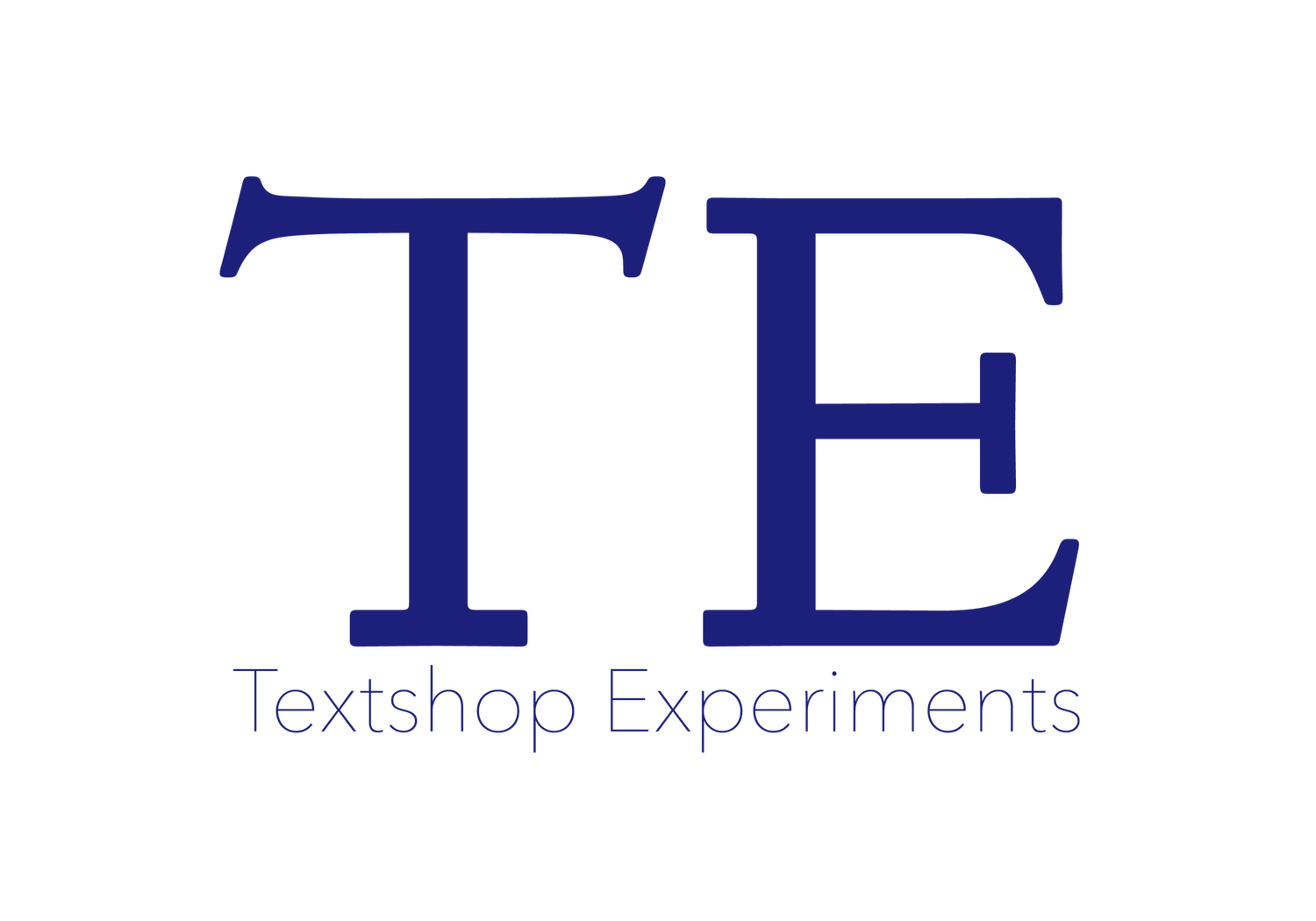Haptic Heuretics: Electrate Tinkering as Rhetorical Making
Jason Crider & Caleb Andrew Milligan
Jason Crider is a Graduate Research Fellow in the Department of English at the University of Florida, where he researches and teaches at the intersection of rhetoric, composition, and digital media studies. His primary research interests are centered on multimodal composition, particularly within augmented and virtual environments, as well as posthuman and ecocritical rhetorics. He is the managing editor of Trace: A Journal of Writing, Media, and Ecology.
Caleb Andrew Milligan is a Graduate Research Fellow in the Department of English at the University of Florida, specializing in media archaeology, digital rhetoric, and (the future of) book history. He teaches and publishes on experimental print and digital literature, film and game studies, and comparative media technologies. He is a HASTAC Scholar and a founding member of the Trace Innovation Initiative, UF’s digital humanities hub housed in the English Department, as well as assistant editor of its journal Trace: A Journal of Writing, Media, and Ecology.
Creators' Statement
Gregory L. Ulmer argues that referring to electracy as “digital literacy” is equivalent to referring to science as “nature magic,” that by reapplying the same epistemologies and print-based logics we will always be stuck reinventing the wheel of literacy. As such, as we move from literacy to electracy, we may do well to rethink our relationship from digital to print, particularly as it has been remediated and reapplied in computing practices. For as scholars of writing and new media, we may often interrogate what we write, why we write, and in what form, but it is often easy to overlook the materiality of how we write.
Our experiment, as laid out in our video article, takes seriously the material backbone of writing in a digital moment, and offers a model of critical making as a tool for new models of invention within electracy. Building off of the work Ulmer has done to theorize the logic of invention in his groundbreaking Heuretics, we add to his critical legacy, with our combined embodied efforts, what our video article titles “Haptic Heuretics.” We explore beyond a hermeneutic of remediation and onward to a heuretic of reinvention. Our video article explains the exigency, context, praxis, and further implications of creating what we’re calling a WriteBox, which uses a mechanical keyboard and a Raspberry Pi computer in a haptically-oriented process that involves getting our hands dirty with our code and with our tech.
Through a brief four-part structure, our video article argues for a reexamination of the materiality of not just writing, but the making of writing. Our first section begins by citing the exigency for such an experiment, which is motivated by Deleuze and Guattari’s interest in not what it means, but in how it works. We want to haptically get our hands on the writing process by crafting that process for ourselves outside of the redundancies of premade word processing software. From there, we inform what we consider is the need for such a project with a second section on the context of these considerations of writing tools past and present. By particularly citing Friedrich Nietzsche’s adoption of the Hansen Writing Ball typewriter and its subsequent effect on his writing style and content, our video article explores if our described experiment could register a similar shift on the writing we do and the way we talk about that writing. We then put the practical grounding to our more theoretical opening half with a third section on the praxis of this project, in other words, what we did and how others can do it too. The video article explains that we connect a mechanical keyboard to a $20 single board computer known as a Raspberry Pi in order to interface with our WriteBox’s inner programming, which combines “The Most Dangerous Writing App” with a command-line-run Raspbian operating system. Finally, our video article’s fourth section questions where we go from here, and what we the makers and viewers of the video itself can learn about writing and the making of writing through electrate tinkering.
Our video article presents the work that we have done in theorizing this rethinking of our own writing and in tinkering with that rethinking through physical, material making. Such a project should hopefully reorient how we approach both digital and print media. Through the haptic heuretic of our WriteBox experiment, we hope to get a better feeling for how the physicality of our writing interfaces form our relationship to our media’s epistemology, a relationship which is also a rift.
Works Consulted
Bogost, Ian. Persuasive Games: The Expressive Power of Videogames. MIT Press, 2010.
Bolter, Jay David. Writing Space: Computers, Hypertext, and the Remediation of Print. Routledge, 2001.
—and Richard Grusin. Remediation: Understanding New Media. MIT Press, 2000.
Boluk, Stephanie and Patrick LeMieux. Metagaming: Playing, Competing, Spectating, Cheating, Trading, Making, and Breaking Videogames. University of Minnesota Press, 2017.
Chun, Wendy Hui Kyong. Programmed Visions: Software and Memory. MIT Press, 2013.
Deleuze, Gilles and Felix Guattari. Anti-Oedipus: Capitalism and Schizophrenia. University of Minnesota Press, 1994.
Derrida, Jacques. Paper Machine. Translated by Rachel Bowlby, Stanford University Press, 2005.
Emerson, Lori. Reading Writing Interfaces: From the Digital to the Bookbound. University of Minnesota Press, 2014.
Galloway, Alexander. The Interface Effect. Polity Press, 2012.
Kittler, Friedrich A. Gramophone, Film, Typewriter. Translated by Geoffrey Winthrop-Young and Michael Wutz, Stanford University Press, 1999.
Ong, Walter. Orality and Literacy: The Technologizing of the Word. Routledge, 2012.
Pressman, Jessica. “The Aesthetic of Bookishness in Twenty-First Century Literature.” Michigan Quarterly Review, vol. 48, no. 4, 2009, https://quod.lib.umich.edu/cgi/t/text/text-idx?cc=mqr;c=mqr;c=mqrarchive;idno=act2080.0048.402;g=mqrg;rgn=main;view=text;xc=1. Accessed January 10 2018.
Reid, Alexander. The Two Virtuals: New Media and Composition. Parlor Press, 2007.
Selinger, Evan. “Nietzsche’s Transformative Typewriter.” Cyborgology, The Society Pages, 26 July 2012,
https://thesocietypages.org/cyborgology/2012/07/26/nietzsches-transformative-typewriter/
Ulmer, Gregory L. Heuretics: The Logic of Invention. Johns Hopkins University Press, 1994.

